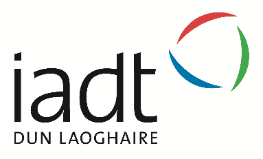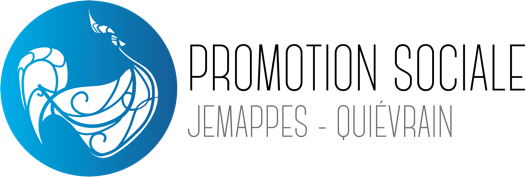
Introduction
The "TREND - Training Refugees in Entrepreneurial skills using digital devices" project is funded under the European Union’s Erasmus+ program under Erasmus+ Key Action 2 Strategic Partnership for Innovation in the field of adult education. The project started on 1st September 2017 and runs until 31st December 2020. The project aims to foster entrepreneurial competences of refugees and people with a migration background in order to strengthen the perspective of starting a business. By making self-employment a viable option, chances for a successful integration to the labour market are raised.
The "TREND" project wishes to raise awareness for the great potential of people coming to Europe. In some cases their skills and potential remain unused due to bureaucratic hurdles, inefficiencies of the political and the economic system and complicated processes for entering and persisting in the labour market.
The TREND project is aimed at making Self-employment a viable option for refugees and migrants in Europe by training entrepreneurial trainers and using digital educational devices for refugees & migrants. The partnership was developed among the partners since the autumn of 2015 when we first met, but the proposal was fully developed in 2017 and was granted support from the Erasmus+ EU program from the autumn of 2017 with the grant number 2017-1-NO01-KA204-034214 - Erasmus+ 2017 – Adult education - KA2 Strategic partnership. The project period was from 01.09.2017 and finishing on 31.12.2020 (prolonged due to Covid 19 for three additional months).
The TREND portal with the educational modules, the networking and mentoring facitilites is the core of the project, but the partners also developed the TREND quality stamp and the whole project was initiated by analysing the contaxt for migrant & refugee entrepreneurs in each of the partner countries Norway, Germany, Greece, Belgium and Ireland. The national reports may be found here:
- Summary Report
- Belgian national report
- Greece national report
- Irish national report
- Norwegian national report
- Greman national report
The TREND project partners have built the educational web-based tools created in the TREND project together. These modules might be developed further in a dynamic way through the building of a support network of actors interested in this type of thematic work through the TREND Quality Stamp network.
Read More
Three so called "Intellectual Outputs" were elaborated by the European project’s partnership during the project’s period:
First Intellectual Output:
The first output within the project is the "TREND Research Report".
This research report, composed of national reports, was issued jointly by all partner organisations and is supposed to display the current status of migrant and refugee entrepreneurship on the respective national level (Norway, Belgium, Germany, Greece, Ireland). The report collects national data on migration and migration policies as well as on economic structures and labour market requirement and what this implies for refugee and migrant entrepreneurship in terms of obstacles and chances. Good practice examples of encouraging and engaging refugees and people with migration background in self-entrepreneurial actions are gathered and shared.
Second Intellectual Output:
The second output is the "TREND Educational Portal for Entrepreneurs".
The portal is accessible online and free of cost on https://trendproject.eu/, it is adapted for access through diverse digital devices (e.g. smartphones, tablets of PC/Mac). It provides learning modules on topics related to entrepreneurship, entrepreneurial skills and on how to open a business in Europe. It is specifically tailored to third country nationals, e.g. refugees or people with migration background, taking into account differing economic structures, cultural approaches towards business, bureaucratic challenges, etc. Besides the learning modules on the learning portal it is possible to create a network of entrepreneurs using the portal and trainers/mentors/coaches or other professionals or organizations offering guidance or access to finance.
Third Intellectual Output:
The third output is the "TREND Quality Stamp" which leads us to the next chapter introducing the stamp itself and its purpose within the project.
The partners have had transnational meetings in all the partner countries, and shared their experience and network to make this project possible to realize. Below is a presentation of each of the partner organisations.







